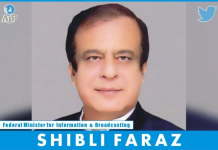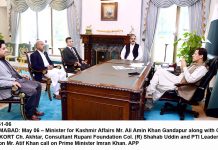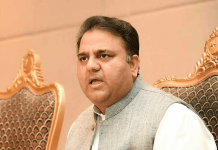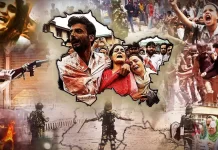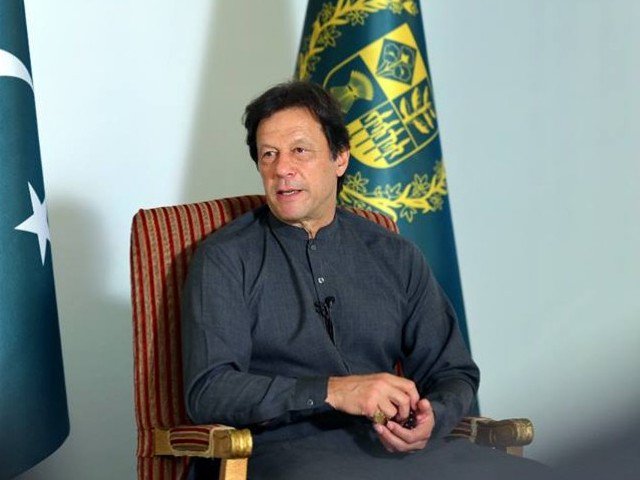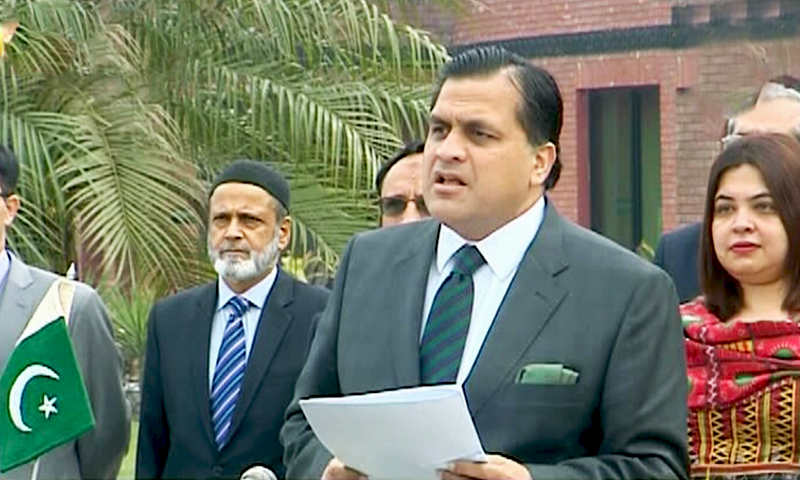UNITED NATIONS: Pakistan has called for an enhancement in UN policing capabilities so that the present gaps in resources and training opportunities can be filled up. It also wished to see the personnel much better prepared for their quick deployment in places around the world, where the rule of law is weak.
In his address at the first-ever United Nations Chiefs of Police Summit (UNCOPS) on Current and Future Trends of UN Police, Shoaib Siddiqui, Special Secretary Ministry of Interior, said that there was a greater need to address the needs of peacekeeping missions and administrative and financial matters of the member States. More than 100 national police chiefs had gathered at the UN Headquarters in New York to chart the way forward for UNPOL to deliver a greater impact on the ground. Today, 12,600 male and female police officers from as many as 87 countries are deployed in 18 UN peace operations.
In his video message to the summit, Secretary-General Ban Ki-moon said that brave police officers are making a difference around the world by establishing the rule of law and paving the way for peace and sustainable development. “From Kabul to Kinshasa – from Port-au-Prince to Pristina, United Nations Police work in some of the most challenging situations on earth,” he noted, acknowledging their work in protecting communities, bringing stability, and restoring confidence.
Key partners and senior United Nations officials had also joined the discussion—which was held in the UN General Assembly Hall— on how peace operations and national policing complement, and mutually reinforce each other, when addressing current and emerging challenges, such as transnational threats.
Addressing the Summit on Ban’s behalf, Jan Eliasson, Deputy Secretary-General, said that the police officers need to be well-prepared, well-equipped and well-trained. They need to be capacity builders and experienced leaders.
In his remarks, Siddiqui proposed that the regional organisations should be encouraged for the deployment of rapid-reaction units of individual police officers and formed police units. Pakistan also called for a clear and unambiguous mandate for UN Police for their successful implementation.
He also told the gathering that Pakistan had initiated many measures to kerb money laundering, organised crime, human smuggling and cross-border interventions to promote peace and order. He said that the Minister for Interior was personally monitoring and leading efforts to attain desired goals. “All this is aimed to make our country in particular and the world, in general, a better and secure place to live,” he added. Pakistan, he said, had a valuable experience in handling diverse and difficult conflict and post-conflict situations.
“Our personnel have supported implementation of peace agreements, deterred spoilers through robust peacekeeping, assisted host states with rule of law, institution building, disarmament and demobilization of rebels, and security sector reform, protected civilians, facilitated humanitarian assistance, provided social services, built infrastructure, and carried out quick impact projects,” he added.
The Special Secretary said that Pakistani peacekeepers had experienced, at first hand, the inter-linkages between peacekeeping and peace building, and the importance of credible peace processes in order for peacekeeping to deliver. He expressed Pakistan’s full commitment to promote national and international peace and noted that it had made great efforts and sacrifices towards this human and global cause. “We expect a more vibrant and significant role for Pakistan in peacekeeping missions,”he added.

